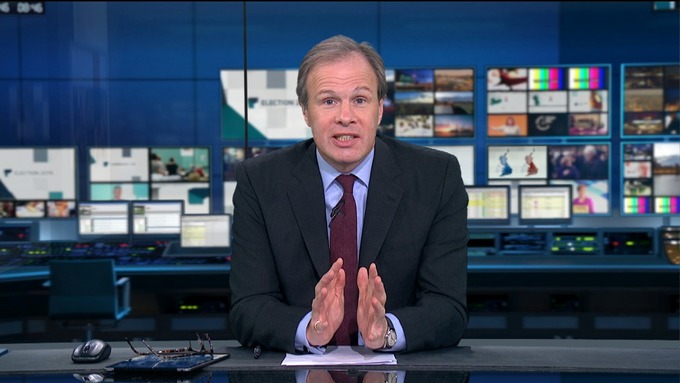News Producer ITN Calls for Greater Regulation of Internet Giants to Combat Fake News
By Tim Dams
LOS ANGELES (Variety.com) – U.K. television news producer ITN has called for more stringent regulation of social media giants to stem the rise of fake news and misinformation.
The producer of news for ITV, Channel 4 and Channel 5 has published a submission to the House of Lords Communications and Digital Committee’s inquiry into the future of journalism. In its submission, ITN calls on the U.K. government to develop a mandatory code of conduct between media companies and digital platforms.
ITN states that the COVID-19 pandemic is a sharp reminder that trustworthy information is critical to the wellbeing of citizens, and that vast swathes of misinformation have spread rapidly on social media.
ITN argues that internet companies that breach the rules should face similarly strong sanctions to highly regulated broadcasters.
“These sanctions should mirror those which apply to broadcasters, which face losing their licence to broadcast if Ofcom finds them to be in consistent breach of the Broadcasting Code,” says ITN. The news producer argues that regulatory fines can be treated as an easily-absorbed “cost of doing business” by the largest tech companies.
ITN also proposes intervention to safeguard the funding of Public Service Broadcasters (PSBs) and to ensure their prominence in a digital landscape.
The organization suggests the government opt for a mandatory code, should media and digital companies fail to reach agreement on a voluntary code, following time-limited negotiations.
“Warm words, heavily promoted voluntary undertakings and commitments to transparency have not assuaged news organizations’ or policy-makers’ concerns,” says ITN’s submission. “In truth, it is hard to tell what effect platform initiatives have had on the quality of the online news environment. There is no accountability; objectives and measures of success are rarely specified; transparency reports provide headline data but little real insight; and platforms consistently oppose fully independent oversight or regulation.”
ITN says its submission comes as PSBs face unprecedented downturns in ad revenue this year due to the coronavirus pandemic, and that they could look to make cost savings in news and other non-commercial areas of output.
It also argues that, for many online platforms, there is no more financial benefit for providing content of high journalistic value than there is of providing fake news. “In fact, fake news which ‘goes viral’ may be of more value to the social platforms, with the advertising model rewarding sensationalism and fake news far more than it does thorough, accurate and impartial journalism.”
ITN CEO Anna Mallett said: “That audiences are turning to the established, professional sources of journalism at times of crisis serves to underline their enormous value to society and underscores a need for action to protect the PSBs and quality journalism in the future.”
The House of Lords inquiry, which is due to report in the autumn, is looking into how journalism is changing, how journalists can be supported and how the profession can become more trusted by the public.

